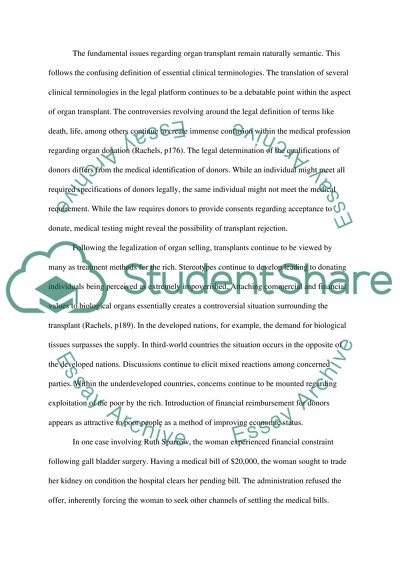Cite this document
(“Bio Ethics Essay Example | Topics and Well Written Essays - 750 words”, n.d.)
Retrieved from https://studentshare.org/english/1442533-bio-ethics
Retrieved from https://studentshare.org/english/1442533-bio-ethics
(Bio Ethics Essay Example | Topics and Well Written Essays - 750 Words)
https://studentshare.org/english/1442533-bio-ethics.
https://studentshare.org/english/1442533-bio-ethics.
“Bio Ethics Essay Example | Topics and Well Written Essays - 750 Words”, n.d. https://studentshare.org/english/1442533-bio-ethics.


